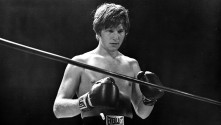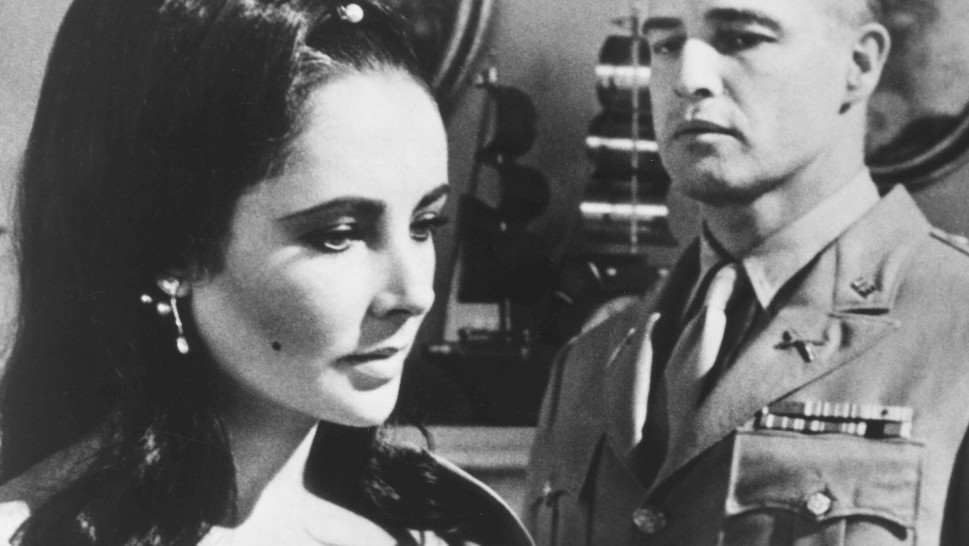
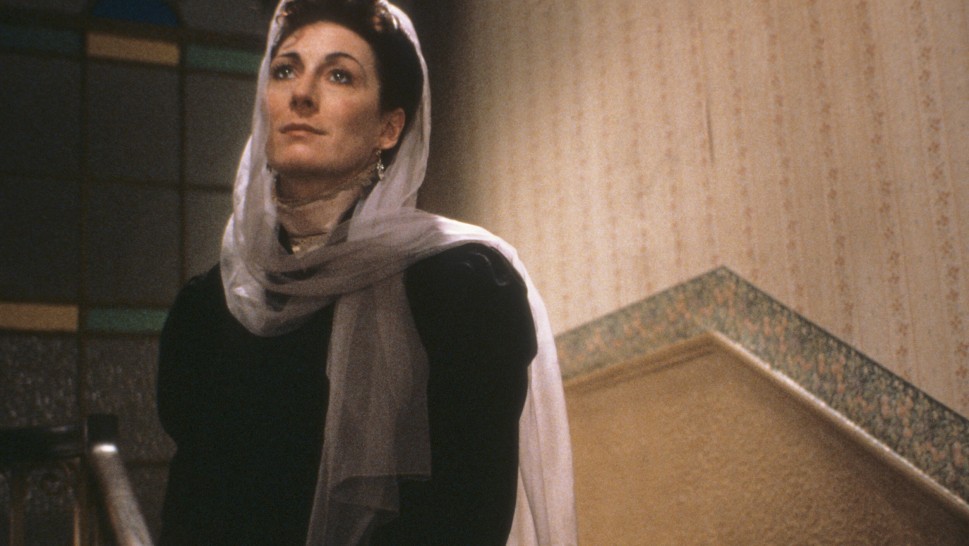
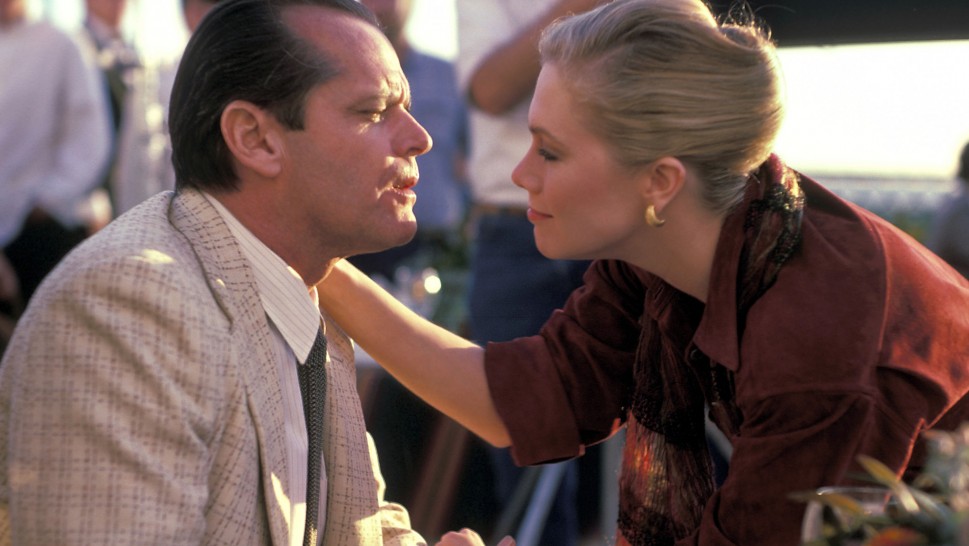
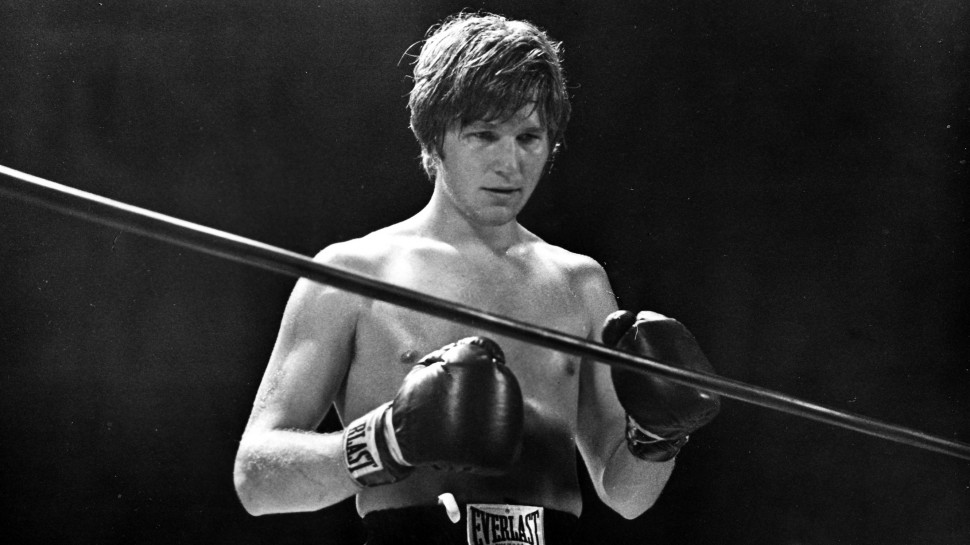
Late Huston
Lavishly praised by James Agee as "one of the most inventive directors of his generation" and caustically dismissed by Andrew Sarris as "less than meets the eye," John Huston (1906-1987) remained a polarizing figure throughout his long and legendary Hollywood career. One of the great screenwriter-turned-directors of the Hollywood studio system (together with Robert Rossen and Billy Wilder), Huston skyrocketed to fame with his 1941 directorial debut The Maltese Falcon whose meticulous reinvention of Dashill Hammett's classic hardboiled prose pointed towards the critically acclaimed adaptations (Treasure of the Sierra Madre, Key Largo, The Asphalt Jungle) that are today often cited as Huston's greatest films. Beginning with his 1951 adaptation of Stephen Crane's The Red Badge of Courage, Huston embraced increasingly ambitious and risky projects that were alternately applauded and derided, often without ever being fully understood. This pattern grew even stronger in Huston's late career as he daringly tackled a wide range of popular genres (the Western, the spy thriller, the boxing film) and "unfilmable" literary properties (Kipling, Joyce, McCullers) to produce some of his most striking, daring and often willfully eccentric films, many – like Fat City, his melancholy ode to the fallen man, or his exquisite final film The Dead – are recognized as important classics today. And yet, as this focused retrospective reveals, Huston's late career yielded a number of bold, fascinating, controversial films – The Kremlin Letter, The MacKintosh Man, Under the Volcano – that urgently need to be rediscovered and reassessed. – David Pendleton










